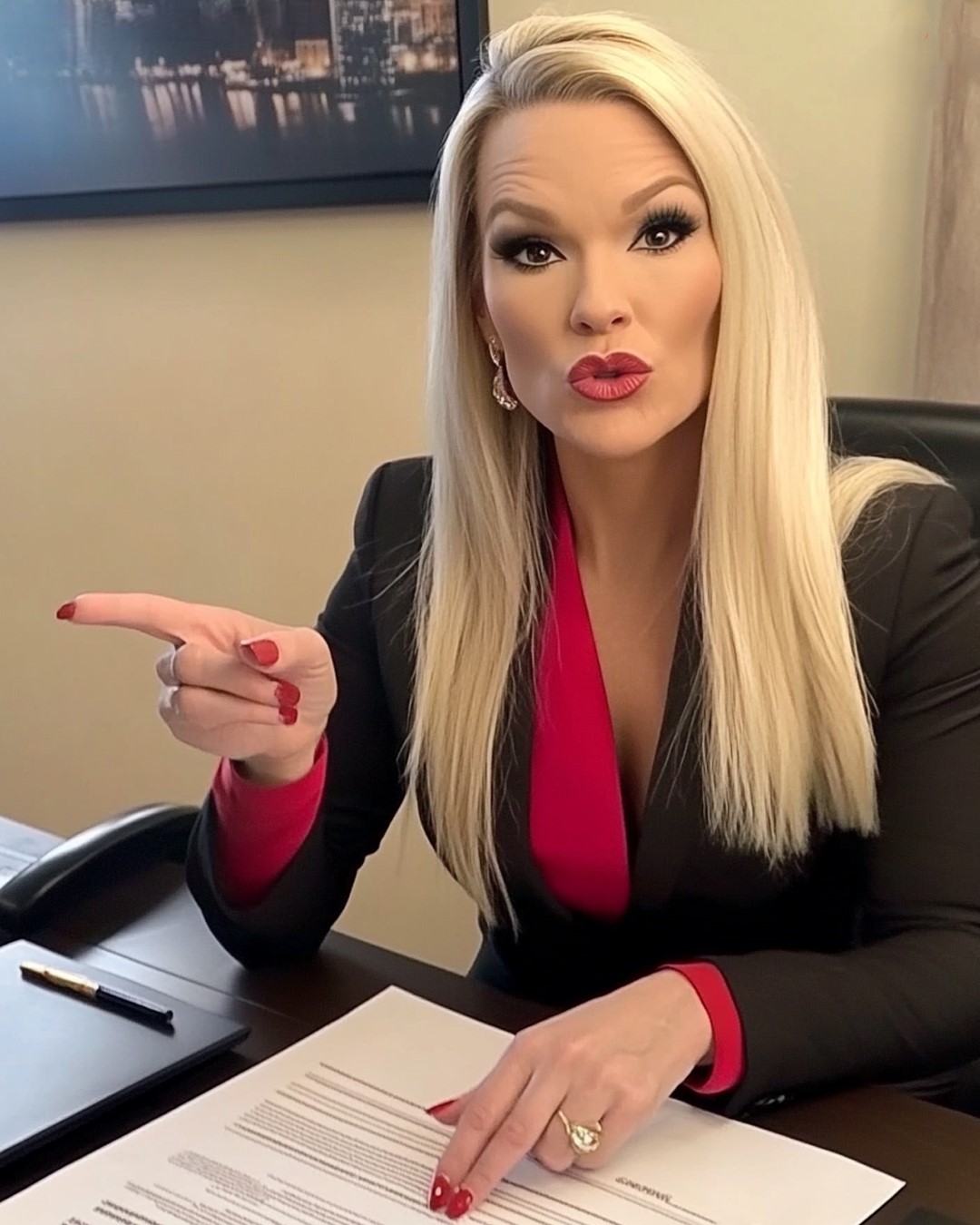After Our Moms Death, My Sister Claimed I Had No Right to Inheritance and Brought Out Old Documents, But in the End, She Deeply Regretted It

When my mother passed away, I believed that family ties were unbreakable—that no matter what, blood was blood, and we’d always stand together. But after her death, everything changed when my sister Barbara waltzed in and shattered that belief.
My mother raised two daughters: me, Charlotte, and my older sister, Barbara. Naturally, Barbara was always the golden child. She received endless attention—if she wanted roast chicken, Mom had it cooking in an instant; if she needed a favor, Mom was there without hesitation. With her striking blonde hair and piercing blue eyes, she was every bit as beautiful as Mom. I, on the other hand, had dark hair and eyes, and never quite fit the picture. Yet, I never questioned it—I loved my mother with all my heart.
When Mom fell ill, I devoted myself to her care. I put my own life on hold, nursing her through bruises and tears, handling every difficult moment with quiet strength. Barbara, however, was too busy chasing her acting dreams. “I can’t take care of Mom, Charlotte,” she’d say. “I have auditions, meetings with producers, events to attend.” And so I carried the burden alone, while she strutted in and out of the house, flaunting her new clothes and sharing glamorous photos with me as if nothing mattered.
One day, while Mom was too weak to eat, Barbara remarked offhand, “This is a glamorous life, Mom. And you need to clean up your look, Lottie—you have to get noticed. Your posture is awful.” I simply replied, “It’s my job, Barbara,” and moved on. Months passed, and eventually, Mom died. That’s when Barbara reappeared—not grieving, but with a hunger for our mother’s money.
After the funeral, we met with Alistair, our mother’s lawyer. Dressed in black with diamond earrings sparkling, Barbara exuded confidence. Before the lawyer could read the official will, she produced a yellowed, folded document from her designer bag. “Look what I found in Mom’s drawer,” she said sweetly. I unfolded it and my stomach sank: the document bore the heading “ADOPTION DECREE.”
Barbara leaned back, smirking. “Well, well, well,” she drawled. “Now I finally know why you always looked so different.” My hands trembled as I read the decree again and again. “You’re lying,” I gasped. “You must have fabricated this—had one of your strange friends forge it!”
She let out an affected gasp, tapping her long nails on the desk. “Oh, Charlotte, don’t be so dramatic. It’s all right there: you’re adopted. Your brown eyes and hair simply don’t belong in our family.”
The words hit me like a punch. Had Mom hidden this secret all her life? And why would she? Even if it were true, I would have cherished her all the same. But then Barbara continued, coldly declaring that despite Mom’s will, she would make sure I received nothing—because I didn’t belong.
I was devastated, yet something in the document didn’t add up. I noticed that the name on the adoption paperwork had been erased. It was a deliberate omission, one that made me suspicious. As Barbara demanded that Alistair hand over everything to her, I realized I had to fight back. I insisted on a DNA test, determined to prove the truth. Barbara scoffed at the idea, sneering that it would only confirm that I wasn’t family. I argued, “If I’m really adopted, let’s see the proof—if so, it only strengthens your claim.” Reluctantly, she agreed.
The DNA test results shocked everyone. They revealed that Barbara was not biologically related to our mother. In a trembling confession to me, Aunt Helen—our mother’s younger sister—revealed the truth. “Your mother found Barbara abandoned at a train station when she was two,” she said through tears. “Mom took her in, adopted her legally a year later to make sure no one could ever take her away. She loved you both equally, regardless of blood.”
The revelation left me reeling. I was our mother’s biological daughter, and Barbara, though raised with equal love, was not. When I confronted Barbara with the DNA test and Aunt Helen’s explanation, she first laughed in disbelief and then turned pale. “No, this can’t be right,” she stammered. “Mom loved me—she wouldn’t have taken in some abandoned child!” But deep down, she knew the truth.
Barbara had spent her life basking in the glow of being the golden child, and now that truth undermined everything she’d built. Instead of embracing the love Mom had given her, she had used that love to justify trying to steal my inheritance and erase me from our mother’s legacy.
We met with Alistair once more. Despite Barbara’s attempts to claim everything, the will was clear: our mother had intended for us to share her estate equally. “Your mother wanted a 50-50 split,” Alistair confirmed. “If you continue this battle, Charlotte, you might end up with everything instead.” Furious and desperate, Barbara threatened court, vowing that she would take everything for herself.
I decided then that I would not let her destroy our family’s legacy—or my future. I hired Alistair to represent me personally, and soon the courtroom drama began. Months of litigation followed, but in the end, the judge ruled against Barbara. I inherited my rightful half, and Barbara’s schemes had not only cost her the inheritance, but her pride and future as well.
Looking back, Barbara’s relentless pursuit to be the one who belonged at all costs ultimately betrayed her. She had tried to rewrite history, only to destroy herself in the process. As I reflect on everything that happened, I wonder: what would you have done in my shoes?